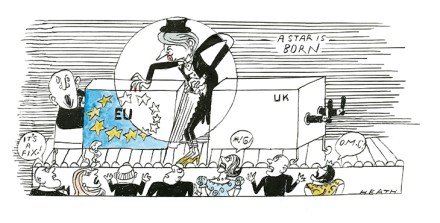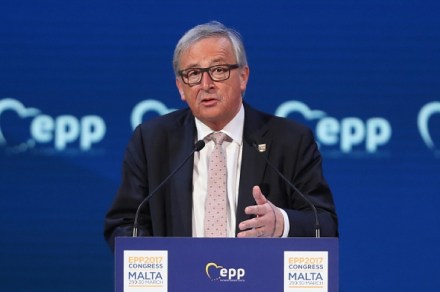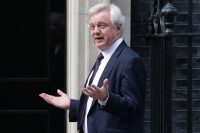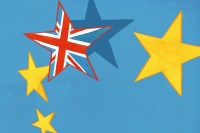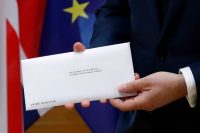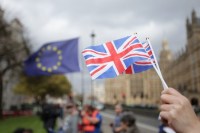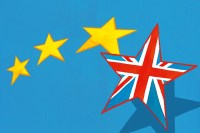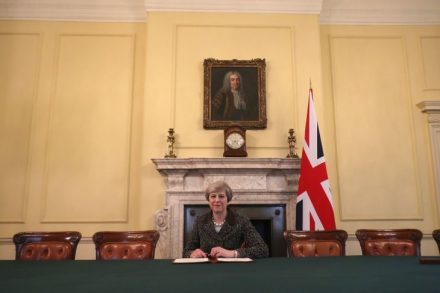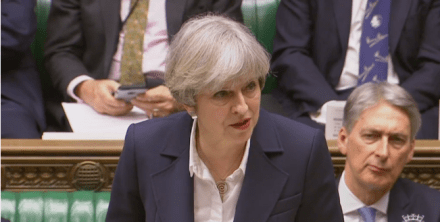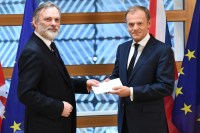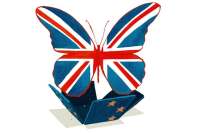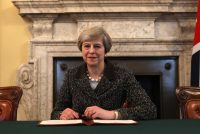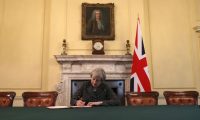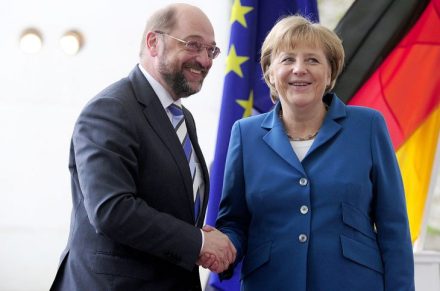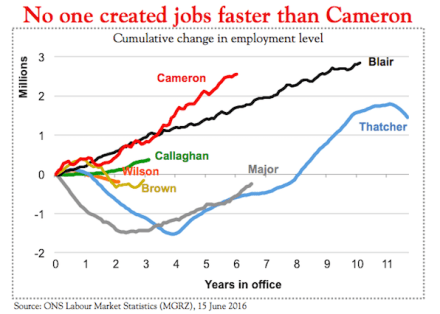Portrait of the week | 30 March 2017
Home Theresa May, the Prime Minister, wrote a letter to Donald Tusk, the President of the European Council, with formal notification of Britain’s withdrawal from the European Union under Article 50 of the Lisbon Treaty. If no agreement is made sooner, Britain would cease to be a member in two years. The other 27 member states had celebrated the 60th anniversary of the Treaty of Rome. Asked by the BBC if Mrs May would be the ‘elephant in the room’ at the shindig, Jean-Claude Juncker, the president of the European Commission, said: ‘She’s not an elephant.’ Douglas Carswell, the MP for Clacton, announced that he was leaving the UK Independence
